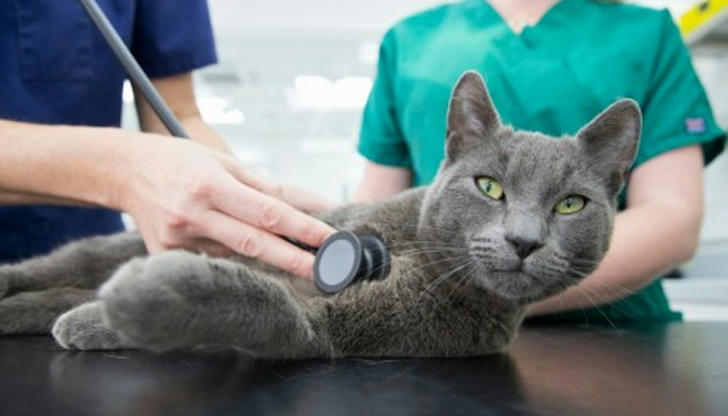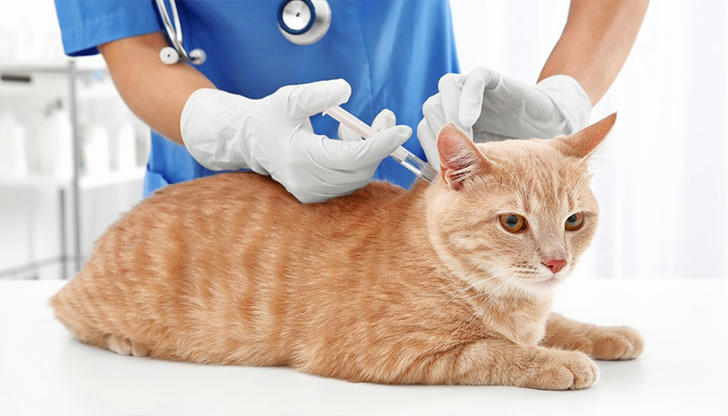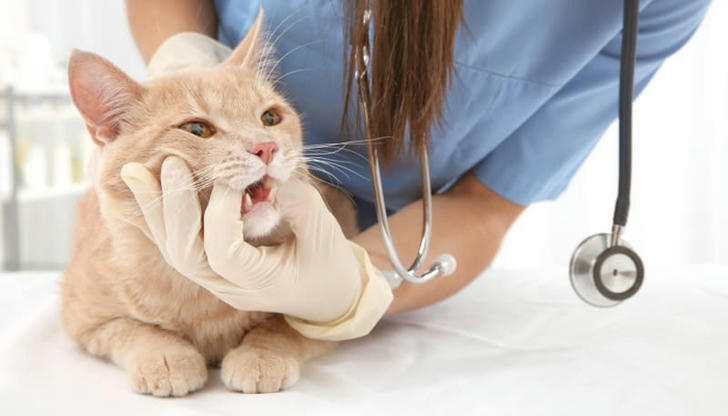Enhance Your Cat's Lifespan: Top Tips for Longevity and Health
As pet owners, we cherish the companionship of our beloved feline friends, and ensuring they live long, healthy lives is paramount. While the average lifespan of a cat falls between 12 to 15 years, there are numerous factors that contribute to their longevity, such as genetics, diet, living conditions, and overall health. Here are some invaluable tips to help you maximize your cat's lifespan and enhance their quality of life:
1. Ensure a Balanced Diet: Providing your cat with a well-balanced diet is essential for their health and longevity. High-quality cat food should contain adequate protein, vitamins, and minerals, with moderate levels of water and fat. Additionally, consider incorporating fresh meat and vegetables into their diet, following your veterinarian's recommendations to avoid harmful foods.

2. Manage Weight and Encourage Exercise: Obesity contributes to various health issues in cats, such as diabetes, joint problems, and heart disease. It's crucial to maintain your cat's weight within a healthy range. Regular, moderate exercise through playtime and interactive toys helps control weight and promotes strong muscles and joints.

3. Schedule Regular Vet Checkups: Routine visits to the veterinarian are vital for your cat's overall well-being. Regular checkups allow for early detection and treatment of potential health issues, ultimately extending your cat's lifespan.

4. Provide Mental Stimulation and a Suitable Environment: Cats thrive on mental stimulation and require an enriching environment to stay active and content. Offering items like cat trees, toys, climbing structures, and cozy hiding spots can enhance their quality of life while reducing stress and anxiety. Adequate resting spaces and exposure to natural daylight are also essential for their mental health and happiness.

5. Ensure Indoor and Outdoor Safety: While outdoor adventures offer cats exercise and stimulation, they also pose risks like diseases, accidents, and attacks. Consider indoor living with supervised outdoor outings for a healthy balance. To mitigate outdoor hazards, explore enclosed outdoor spaces or harness training for safe exploration. Additionally, investing in GPS trackers or microchipping can provide peace of mind if your cat roams outdoors.

6. Provide Adequate Care and Affection: Developing a strong emotional bond with your cat is essential for their well-being. Show affection through cuddles, petting, and verbal interaction to support their mental health. Set aside dedicated bonding time each day, engaging in interactive play sessions or grooming routines to strengthen your bond.
7. Prevent Parasites and Diseases: Regular deworming and vaccinations are crucial for protecting your cat from internal and external threats. Consult with your vet to maintain a strong immune system. Furthermore, integrate preventive measures like flea and tick treatments to safeguard against common parasites.

8. Maintain Oral Hygiene: Oral health impacts overall well-being, so prioritize regular brushing and checkups to prevent gum disease and tooth decay. Incorporate dental treats or toys designed to promote oral hygiene to supplement your cat's dental care routine.

9. Create a Suitable Environment: Keep your cat's living space clean and comfortable to prevent diseases and infections. Regular cleaning of litter boxes and feeding areas is essential. Consider providing multiple scratching posts and perches to satisfy your cat's natural instincts and promote physical and mental stimulation.
10. Monitor Health and Seek Medical Care: Be vigilant for signs of health issues like changes in appetite or behavior. Promptly seek veterinary care for any concerns to ensure timely treatment. Keep a detailed record of your cat's health history, including vaccinations, treatments, and any notable changes in behavior or condition.

By following these guidelines and tailoring them to your cat's individual needs, you can enhance their longevity and well-being. Remember to prioritize regular veterinary check-ups and stay informed about the latest developments in feline healthcare to provide the best possible care for your furry friend.
